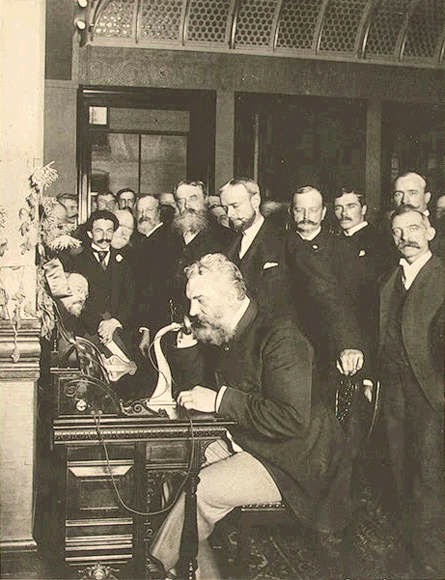Physicians speak with patients every day on the phone for a variety of reasons. Our practice now uses a portal system, giving patients access to some of their medical data and to us. Although I was resistant to having e-mail communications with patients, I have come to appreciate the advantages.
Physicians speak with patients every day on the phone for a variety of reasons. Our practice now uses a portal system, giving patients access to some of their medical data and to us. Although I was resistant to having e-mail communications with patients, I have come to appreciate the advantages.
- It relieves our ever congested phone lines
- It relieves patients from a state of suspended animation as they hope and pray that a living breathing human being will return to the line after being placed on hold
- It saves our staff time, who no longer have to triage calls as the patient directly reaches the doctor
While this streamlined cyber communication system is useful, it does have limitations. It can’t solve every problem. Indeed, some issues are not appropriate for either a phone call or an e-mail.
Consider the following scenarios. Which can be appropriately handled on the phone and which merit a face to face encounter with a physician?
- I was in the emergency room yesterday and they told me to call you for pain medicine.
- My diverticulitis is acting up and I need an antibiotic.
- My breathing is worse. I think it’s a side-effect of the new heart medicine I started last week.
- What can I take for constipation?
- My cousin had the same symptoms and it ended up being her gallbladder. Can you give me the name of a surgeon?
- I’m dizzy and my hemorrhoids have been bleeding for a week. What can I take?
- I have hepatitis C. Is is okay if my grandchildren visit?
- I had some chest pain yesterday when I was shoveling snow. Should I double my Nexium?
The practice of medicine is not fully wireless, at least not yet. Sure, e-mail is convenient for everyone, but if used too casually it can become quicksand. Often, the patient feels an e-mail is sufficient, but the physician may not be comfortable, depending upon the medical facts and how well the doctor knows this patient. When you are face to face with your doctor, the medical history will be more detailed, there may be a physical examination, and there will be a dialogue and review of treatment options. It’s a lot easier for us to assess your pain, for example, when you are in front of us. Moreover, when you return to see us for a follow-up visit, we have a baseline to use as a comparison.
What are your thoughts on all this? Feel free to e-mail me, but I’d prefer if you came to see me
face to face.
